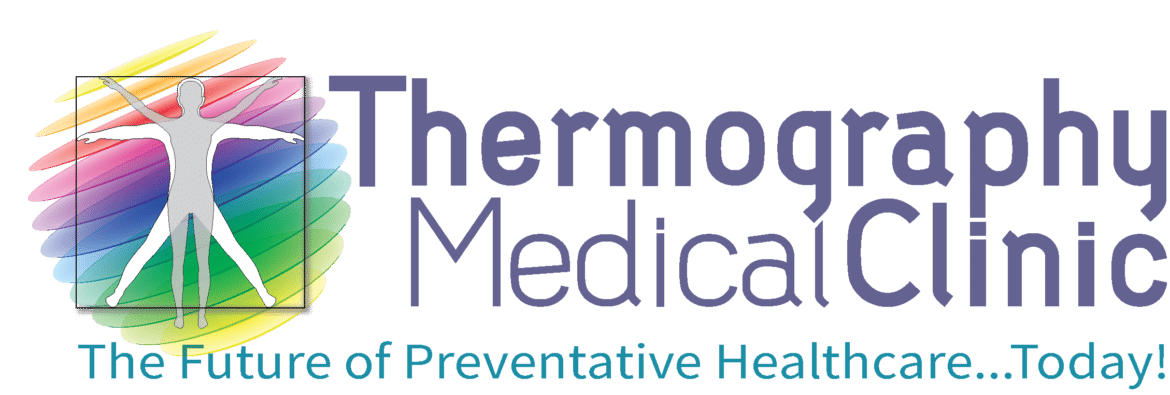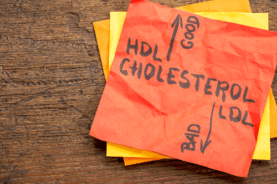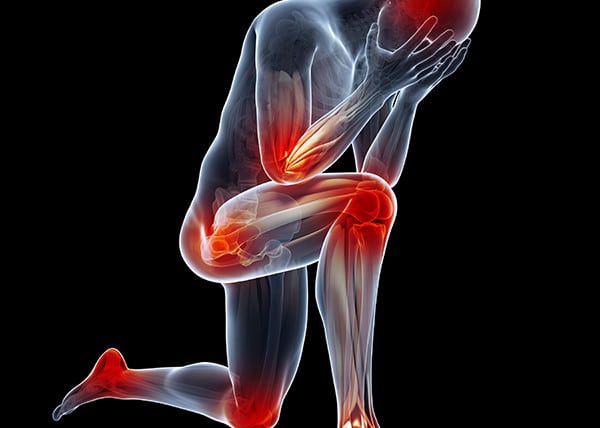Concerned about your heart? Well, you should be. The heart according to Chinese medicine is the King of all organs. The heart is a pump, which moves the blood throughout the body. The arteries and veins are the pipes through which the blood flows. Simple concept. After all, once our heart stops beating we stop living. End of story. I have wanted to write something on cholesterol for a long time because cholesterol is perhaps the most misunderstood topic that can impact one’s health. So many of my patients are on statin drugs because their doctor has scared them into believing that cholesterol is evil and the only way to control it is by taking a drug. I can talk to them until I’m blue in the face but hey…maybe if I write it down then it seems more legit.
But what about this enlightened doctor? Dr. Dwight Lundell, former Chief of Staff and Chief of Surgery at Banner Heart Hospital in Arizona told the world not to take statin drugs: “We physicians with all our training, knowledge and authority often acquire a rather large ego that tends to make it difficult to admit we are wrong. So, here it is. I freely admit to being wrong. As a heart surgeon with 25 years experience, having performed over 5,000 open-heart surgeries, today is my day to right the wrong with medical and scientific fact.”
We know that inflammation in the artery wall is the real cause of heart disease…not cholesterol. Simply stated, without inflammation being present in the body, there is no way that cholesterol can accumulate in the wall of the blood vessel and cause heart disease and strokes. Elevated cholesterol is the body’s response to inflammation. The solution is to reduce inflammation and cholesterol level will decrease. The biggest contributors to chronic inflammation are poor diet, lack of exercise and chronic stress. The risk of cardiovascular disease can be lowered with proper nutrition, exercise, stress management and other lifestyle changes, but most doctors focus primarily on lowering cholesterol via statin drugs, which ironically causes more inflammation.
Cholesterol serves to:
- build healthy cell membranes (i.e. their outer layer)
- provide the backbone for hormones in our body, such as cortisol, progesterone, estrogen and testosterone
- control inflammation resulting from injury or irritation to body tissues.
The current view is that cholesterol causes plaque buildup in the arteries. However, there may be a different explanation such as: it’s actually cholesterol that helps to keep inflammation under control. As inflammation causes harm to the arterial walls, our body attempts to ‘patch’ up the problem. Our liver produces more cholesterol in response to the inflammation so that it can form a band-aid on these irritations. Cholesterol is NOT the problem, INFLAMMATION is!
Side effects of statins:
Side effects resulting from statins include muscle weakness and fatigue, liver damage, brain and nerve damage, dementia, and depression. Use of statins has been linked to an increased risk of developing diabetes, cataracts, bone loss, muscle weakness, digestive issues, neuropathy, cancer, dementia and multiple nutritional deficiencies. The list goes on and on and on.
Statin drugs also delete CoQ10 which is used for energy production by every cell in your body, and is vital for good health, high energy levels, longevity, and general quality of life. CoQ10 is a critical component of cellular respiration. To simplify this concept, if your cells can’t breathe they die.
Getting to the “Heart” of the matter:
Negative emotions such as depression, anxiety, panic, anger, and grief also increase inflammation which impedes the free flow of blood. Daily stress causes our body to produce high levels of cortisol, a hormone that is made from cholesterol. To meet the demands, the body produces more cholesterol to fuel the production of cortisol and a vicious cycle begins. Also, when the body is responding to a sudden or stressful or dangerous situation, the adrenal glands produce adrenaline. This surge in hormones causes an immediate physiological change that initiates the fight-or-flight response — meaning you are either going to run fast to get away or you are going to fight hard to defend yourself.
Fight or flight causes an increase in heart rate, blood pressure, blood glucose levels and a general reaction of the sympathetic nervous system that tells you whether to run or fight. Long term stress can keep adrenaline levels elevated ultimately resulting in chronic inflammation.
This affects the heart’s electrical system causing arrhythmias, constriction of blood vessels (even when there aren’t blockages), or spasms that can cause the heart function to decline. In this instance, the heart muscle might stop squeezing and not pump blood as efficiently as it needs to.
This is why the one-size-fits-all treatment with a statin drug doesn’t really get at the “heart of the matter.”
The core issue when supporting your heart’s health is having the courage to open your heart to a different health concept other than the mentality that a prescription pill will keep you from getting ill. Instead, focus on other ways to protect your heart by reducing inflammation with proper diet, exercise, managing stress and freeing yourself of negative emotions. But hey…if you choose to continue on your statin path just remember those muscle aches and pains, poor memory, lack of energy, elevated blood sugar levels and many of your other mysterious symptoms may be related to that drug. But you can, at least, take comfort from your cholesterol being within “normal range” … perhaps that is a “bright side” for you?
Healthier is Smarter!
Sharon Edwards – BA, R(Hom), DNM, RNCP, CTT



